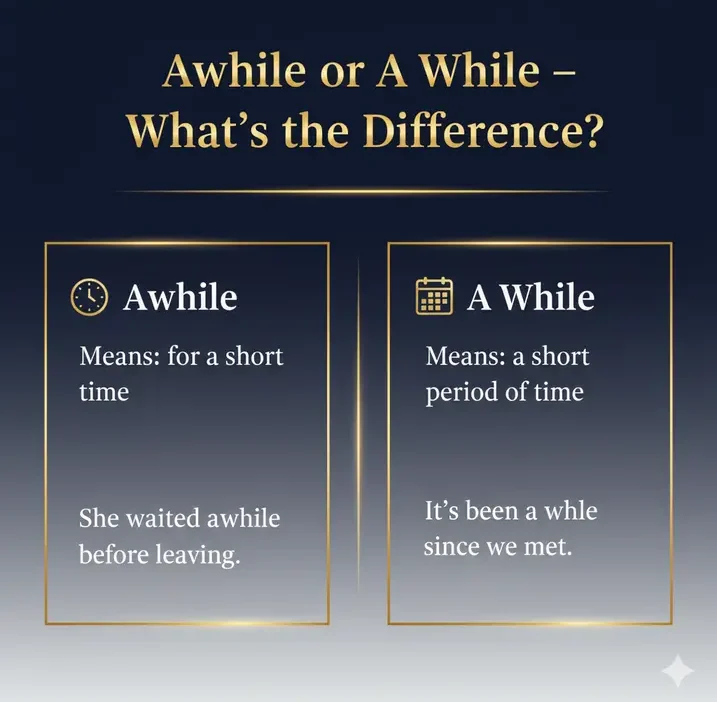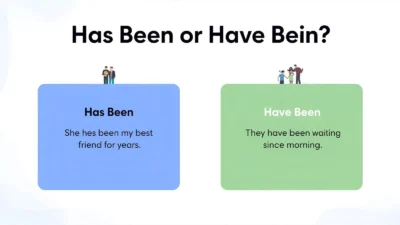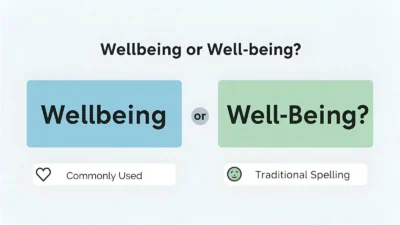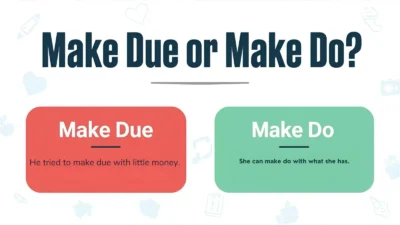Have you ever typed a sentence and stopped, unsure whether to use awhile or a while? I know that confusion—I’ve made the same mistake, and it can be tricky to spot the difference.
If you’re a student, blogger, or anyone polishing their English writing, this is for you. The good news? It’s not as complicated as it seems.
In this guide, I’ll walk you through the meaning, usage, and simple tricks to get it right. By the end, you’ll never hesitate between the two again.
Awhile or A While – Quick Answer
The difference is simple:
- Awhile = adverb (means for a short time).
- Example: Let’s stay awhile and talk.
- Example: Let’s stay awhile and talk.
- A while = noun phrase (means a short period of time).
- Example: It’s been a while since we met.
- Example: It’s been a while since we met.
✅ Quick tip: If you can replace it with “for a short time,” use awhile. If you can replace it with “a short period,” use a while.
The Origin of Awhile or A While
The word “awhile” comes from Old English “ane hwile,” meaning for a time. Over centuries, the spacing shifted, and both “awhile” and “a while” entered usage.
- Awhile developed as a single adverb.
- A while stayed as a noun phrase with the article “a” and the noun “while.”
The split exists because English often merges and separates words over time (like altogether vs all together).
British English vs American English Spelling
Both British and American English use “awhile” and “a while.” There’s no spelling difference between the two dialects. However, British English leans slightly more toward “a while” in formal contexts, while American English freely uses both.
| Usage | British English | American English |
| Formal writing | “a while” preferred | Both common |
| Informal speech | Both used | Both used |
| Newspapers | “a while” more frequent | Balanced usage |
Which Spelling Should You Use?
- If writing for U.S. readers: Both are fine. Use “awhile” for adverb use, “a while” for noun phrase use.
- If writing for U.K. or Commonwealth readers: Lean toward “a while” in formal documents.
- For global audiences: Stick to the rule-based difference to avoid confusion.
Common Mistakes with Awhile or A While
- ❌ It’s been awhile since we spoke.
✅ It’s been a while since we spoke. - ❌ Stay a while longer.
✅ Stay awhile longer. - Confusing them in professional writing, where the tone must be precise.
Awhile or A While in Everyday Examples
- Email: I’ll be offline for a while this afternoon.
- News headline: Tourists stayed awhile despite the rain.
- Social media: It’s been a while since I posted here.
- Formal writing: The committee met awhile before adjourning.
Awhile or A While – Google Trends & Usage Data
Google Trends shows that “a while” is searched and used more often worldwide than “awhile.”
- United States: balanced usage.
- UK, Canada, Australia: preference for “a while.”
- India & Southeast Asia: heavy search interest due to English learning.
| Region | Most Popular Form |
| USA | Both |
| UK | A while |
| Canada | A while |
| Australia | A while |
| India | A while |
FAQs:
Q1. Is “awhile” one word or two?
Both exist. Awhile is an adverb; a while is a noun phrase.
Q2. Can I use “awhile” in formal writing?
Yes, but a while is often safer in formal contexts.
Q3. Is it wrong to say “It’s been awhile”?
Yes, the correct form is It’s been a while.
Q4. Which is more common: “awhile” or “a while”?
Globally, a while is more common.
Q5. Do both mean the same thing?
Not exactly—awhile = for a short time, a while = a short period.
Q6. Can I always swap one for the other?
No, context matters. Try replacing with for a short time vs a short period to check.
Q7. Do British and American English differ?
Not in spelling, but British writers prefer a while in formal use.
Conclusion
The difference between “awhile” and “a while” is small but important. Awhile is an adverb meaning for a short time, while a while is a noun phrase meaning a short period of time. Both are correct, but the choice depends on grammar and audience.
If you’re writing for U.S. readers, you can safely use both as long as you follow the rules. For British or Commonwealth readers, “a while” is the safer choice, especially in professional writing.
Understanding this distinction will not only improve your grammar but also give your writing clarity and professionalism. So the next time you pause before typing, you’ll know exactly whether to choose “awhile” or “a while.”



